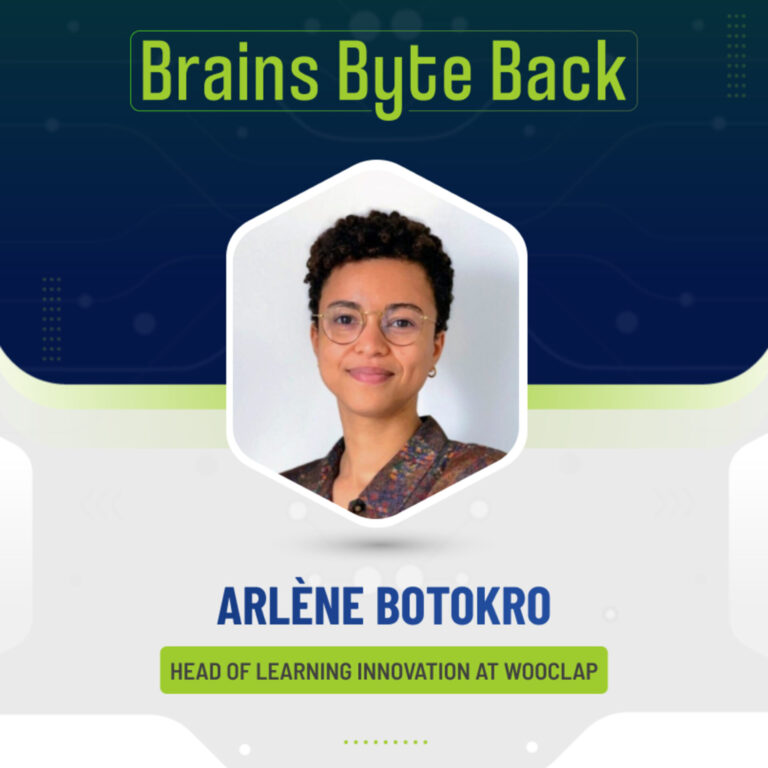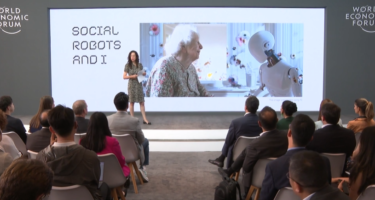Theoretical physicist Michio Kaku once said, “The human brain has 100 billion neurons, each neuron connected to 10,000 other neurons. Sitting on your shoulders is the most complicated object in the known universe.”
Our brain is undeniably an incredibly complex and impressive object, and this is best demonstrated with brain plasticity, a term that refers to the brain’s ability to change and adapt as a result of experience.
Listen to this podcast on Spotify, Anchor, Apple Podcasts, Podcast Addict, Breaker, Google Podcasts, Stitcher, Overcast, Listen Notes, PodBean, and Radio Public.
To better understand how the brain does this and the processes that take place when we learn new skills, we spoke with Alicia Walf, Ph.D., a neuroscientist and a senior lecturer in the Department of Cognitive Science at Rensselaer.
Walf studies the brain mechanisms of stress and reproductive hormones as they relate to behavior and cognition, brain plasticity, and brain health over the lifespan.
Her specific areas of expertise are memory, emotions, and social interactions and how these functions not only arise from the brain but change the brain itself.
In this episode, Walf explains how the job of London cab drivers impacts their hippocampus (the area of the brain responsible for memory), how capable we are to retrain in tech jobs relating to cyber and coding at a later age, and what studies on frequent video game players vs novices show us about brain plasticity.
She also discusses how the olfactory sense can help us better understand dementia and memory.












